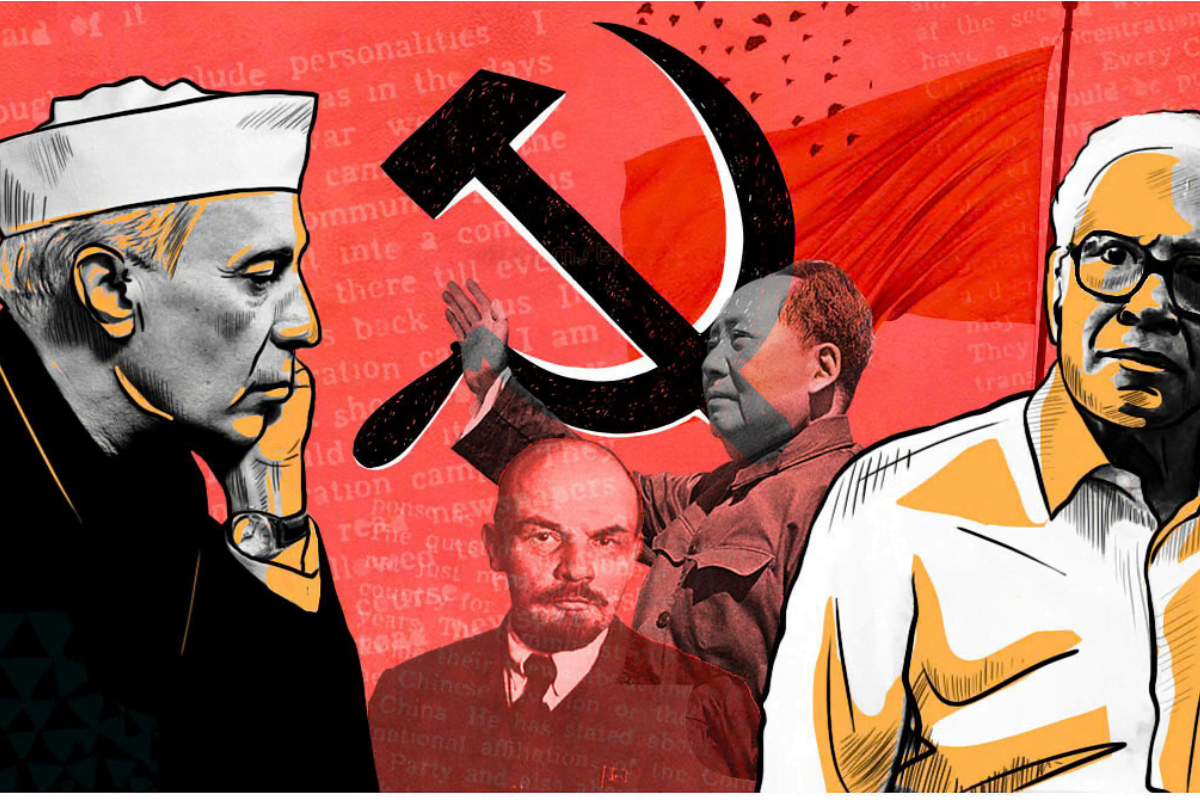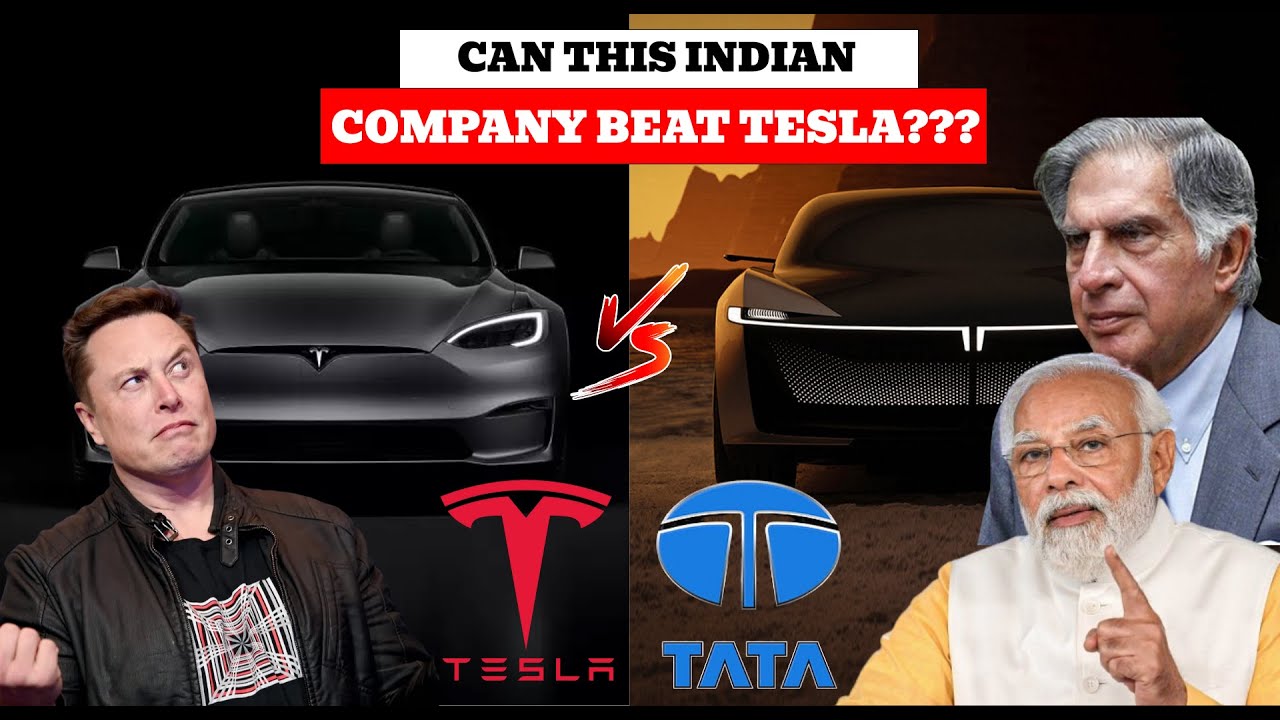In the digital age, social media platforms have become powerful tools for shaping public perception. Leaders across the globe, from the Western world to the Middle East and Far East, have harnessed these platforms to cultivate their images. Among these leaders, some exhibit traits associated with narcissism, a personality characteristic marked by grandiosity, self-centredness, and an insatiable need for admiration. In this exploration, we delve into how social media portrays narcissistic leaders and the implications for their governance practices.
Category: Authoritative Insights
Does Journalism Thrive in a Democratic or Communist Regime?
The feeling that you get upon stumbling across a post that has this disclaimer “State-Controlled Media” simply sum up the difference between journalism in a democratic and communist regime. Journalism plays a crucial role in both democratic and communist societies, though the nature of that role can vary significantly. In democratic systems, journalism serves as a vital check on power, holding those in authority accountable and providing citizens with the information they need to make informed decisions. Conversely, in communist regimes, the media is often tightly controlled by the state, with journalism expected to serve as a mouthpiece for the ruling party.
Impact of Israel-Hamas and Russia-Ukraine Conflicts on Stock Markets
Geopolitical conflicts have the potential to impact global stock markets through various economic and financial channels. Disruptions to energy and commodity supplies, increased market volatility, and heightened economic uncertainty can all weigh on investor sentiment and stock prices. Additionally, the potential for these conflicts to escalate and draw in other regional or global powers could further exacerbate their impact on the financial markets.
Can the Rise of Technosexualism Endanger Dating Apps?
In today’s world, AI is making its way into our romantic lives, as well as dominating our search engines and careers. With the belief that human relationships are overrated, AI girlfriends have gained significant popularity among more than 10 million individuals. With the rise of online dating, these partners are causing quite a buzz and could potentially revolutionise the way people approach dating. There is one individual who is willing to spend a whopping $10,000 every month on these chatbots. Greg Isenberg envisions a market worth one billion dollars, drawing inspiration from Match Group’s remarkable success. However, privacy concerns arise when it comes to virtual companions such as Cupid.ai and Candy.ai. Artificial intelligence companions, engineered to understand and offer a customised experience, could soon become the frontrunners, overshadowing dating app subscriptions.
UN-finished? Peace, Promises and Growing Disappointments
The result? A crescendo of global disappointment and a serious need for rethinking of the UN’s relevance in a world that has moved beyond its post-1945 landscape. Also, a legitimate question to ask is that as a common individual living in a fairly small country, why should one trust and rely on the UN to protect them in times of humanitarian crises and hold the perpetrators accountable, given the litany list of failures before us? A more casual way of asking the same question would be, ‘is the UN still relevant?’
Tata Motors should worry about BYD and Xiaomi and not Tesla
Concerns have been raised by indigenous automobile manufacturers, most notably Tata Motors, in response to the recent statement made by the Indian government on a new policy for electric vehicles (EVs). In particular, the policy includes a provision for decreased customs tax for global EV manufacturers such as Tesla. In spite of the fact that the strategy is designed to entice well-known electric vehicle manufacturers to set up production facilities in India, it also raises concerns over the possibility of rivalry and the consequent effects it may have on domestic companies. The Make in India project provides businesses with the option to import a considerable number of electric cars each year, allowing them to take advantage of a significantly reduced customs tax rate of 15%.





